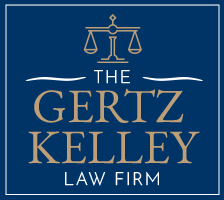For some crimes, the allegations alone can cause a significant impact on the accused. When an individual in Texas is faced with child pornography charges, they are not only overwhelmed by the severe penalties that could follow a conviction, but the impact the charges have on their personal and professional reputation could have a lasting effect.
While it is imperative that a strong defense is asserted against child pornography charges, it is just as important to understand the state and federal laws surrounding this type of charge. Additionally, gaining a better idea of the potential penalties could help the accused navigate the process, their options and ultimately their decisions throughout their defense.
Child pornography offender data
Based on current data collected by the FBI, the vast majority of child pornography offenders are males. In fact, 99.3% are males and the average age of male offenders is 41. It was further discovered that these offenders are overwhelmingly white, college-educated and do not hold a criminal record.
Various advocate groups have determined that it is very likely that these individuals accused of producing, distributing or looking at child pornography are not strangers to the children involved. In 99% of these cases, it was found that the accused was either a family friend or family member of the child.
Imposed sentences
Whether it is for possession, distribution or production, 99.1% of those charged with a child pornography offense are sentenced to prison. With the intent to prevent child abuse and prosecute violent crimes against children, the PROTECT At was passed by congress in 2003. This Act increased the minimum sentence to five years for child pornography possession, 10 years for distribution and 15 years for the production.
While there has been an increase in arrests, it was found that the average sentence was below the average guideline minimum. Data from 2019 illustrates that the average imposed sentence has remained stable since 2014 and further indicates that most courts believe the PROTECT Act is too severe and does not measure culpability appropriately.
Even with the above information in mind, the penalties faced by child pornography offenders can be harsh. As such, it is important to consider your legal rights and options for a defense when faced with charges. Additionally, a legal professional can help you make informed decisions and ensure your rights are protected.
